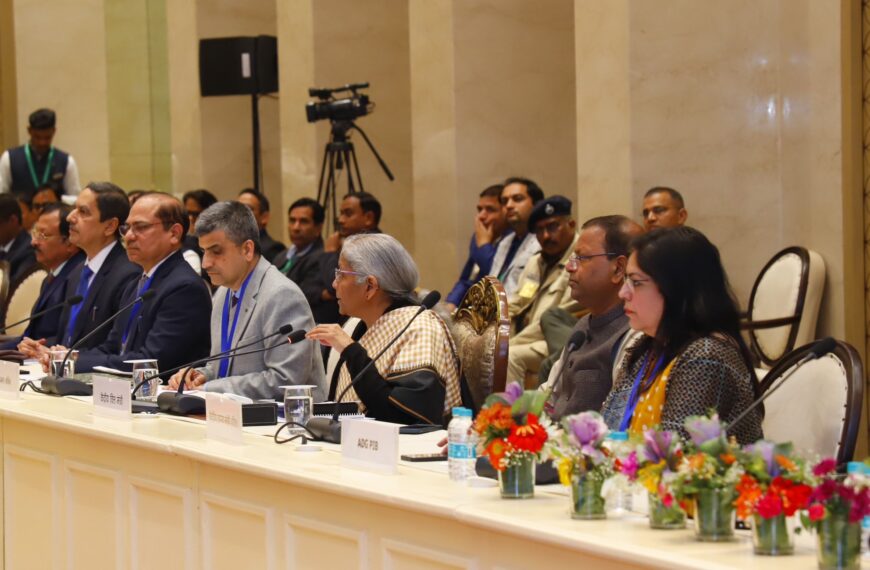The tragic attack on the Christmas market in Magdeburg, Germany, left five dead and over 200 injured, with 100 critically fighting for their lives. The attacker, identified as Taleb Al Abdulmohsen, also known as Taleb Abdul Jawad, a 50-year-old Saudi Shia refugee, has stirred controversy and speculation. While Taleb presented himself as an ex-Muslim atheist, ex-Muslim communities and experts allege a deeper conspiracy, suggesting that he was a Shia extremist using his claimed atheist identity to further covert goals.
A Controversial Identity: Ex-Muslim or Extremist?
Taleb’s identity as an ex-Muslim atheist who supported Germany’s far-right AfD party and criticized Islam appears contradictory and has raised eyebrows. Ex-Muslim activists allege that Taleb’s public persona was a calculated façade, using the Islamic practice of taqiyyah (concealment of faith) to integrate into German society and achieve asylum. Critics argue that Taleb’s claims served to mask extremist intentions, ultimately leading to the Christmas market attack.
“He acted ex-Muslim on the outside while threatening real ex-Muslims in private,” said Ali Utlu, a Germany-based ex-Muslim atheist. Others like Canadian ex-Muslim activist Yasmine Mohammed highlighted Taleb’s history of targeting Saudi female activists, further fueling suspicions about his authenticity.
The Role of Taqiyyah in the Alleged Deception
Taqiyyah, an Islamic doctrine permitting concealment of faith under threat, has been cited by critics as central to Taleb’s strategy. Iranian-German entrepreneur Maral Salmassi accused Taleb of spreading misinformation under the guise of ex-Muslim advocacy. According to Britannica, taqiyyah has historically been practiced among Shia Muslims to protect their community in hostile environments. Taleb, a Shia Muslim, allegedly weaponized this doctrine to infiltrate and exploit ex-Muslim networks.
Taleb’s Path to Refugee Status
Taleb sought asylum in Germany in 2006, fleeing Sunni-majority Saudi Arabia. Reports from his homeland indicated a history of serious charges, including terrorism and human trafficking. By claiming ex-Muslim atheist status, Taleb secured refugee status in 2016, benefiting from Germany’s policies protecting individuals persecuted for their beliefs.
However, critics within the ex-Muslim community assert that Taleb used his fabricated identity to evade extradition and scrutiny. Despite repeated warnings to German authorities about his threatening behavior, including a direct tip from a woman that Taleb was planning a terror attack, no action was taken.
Exploiting the Ex-Muslim Persona
Over the years, Taleb built a robust online presence, portraying himself as a fierce critic of Islam. His social media activity included anti-Islam posts and interactions with ex-Muslim communities. Taleb even appeared in a 2019 BBC documentary highlighting his efforts to help ex-Muslims flee persecution in Gulf countries. Yet, prominent ex-Muslim figures like Brother Rachid, a Christian influencer, noted Taleb’s reluctance to engage in detailed interviews, citing dubious medical excuses.
The Aftermath and Concerns for Ex-Muslim Communities
The Christmas market attack has placed the ex-Muslim community in a precarious position. Activists fear that Taleb’s actions may cast doubt on genuine asylum seekers fleeing Islamic persecution. “This attack could jeopardize the credibility of ex-Muslims and make their path to asylum even more difficult,” warned Yasmine Mohammed.
A Bigger Plot?
Theories about Taleb’s true motives continue to surface. Mahyar Tousi, founder of Yousi TV, suggested that Taleb’s actions align with a larger Islamic extremist agenda. By using the ex-Muslim identity, Taleb allegedly aimed to destabilize trust in such communities and manipulate asylum protocols. The possibility of Taleb acting as a mole for Saudi authorities, targeting activists, has also been raised.
Similar Cases Highlighted
The case of Abdul Shokoor Ezedi, an Afghan migrant in the UK, mirrors Taleb’s alleged deception. Ezedi falsely claimed conversion to Christianity to secure asylum but was later implicated in violent crimes, including a chemical attack. After his death, an Islamic funeral revealed his true faith, underscoring the potential misuse of religious identity in asylum claims.
German Authorities Under Scrutiny
German authorities face criticism for failing to act on warnings about Taleb’s behavior. Despite social media threats and prior allegations, Taleb was allowed to operate freely, ultimately leading to the Magdeburg tragedy. This oversight has prompted calls for a thorough investigation into the handling of asylum claims and monitoring of individuals with extremist leanings.
Conclusion
The case of Taleb Al Abdulmohsen raises pressing questions about the intersection of faith, identity, and security. Whether he was a genuine ex-Muslim or a Shia extremist using deception, his actions have cast a long shadow on Germany’s asylum policies and the ex-Muslim community. As investigations continue, the need for vigilance in addressing such complex cases becomes increasingly evident.
















